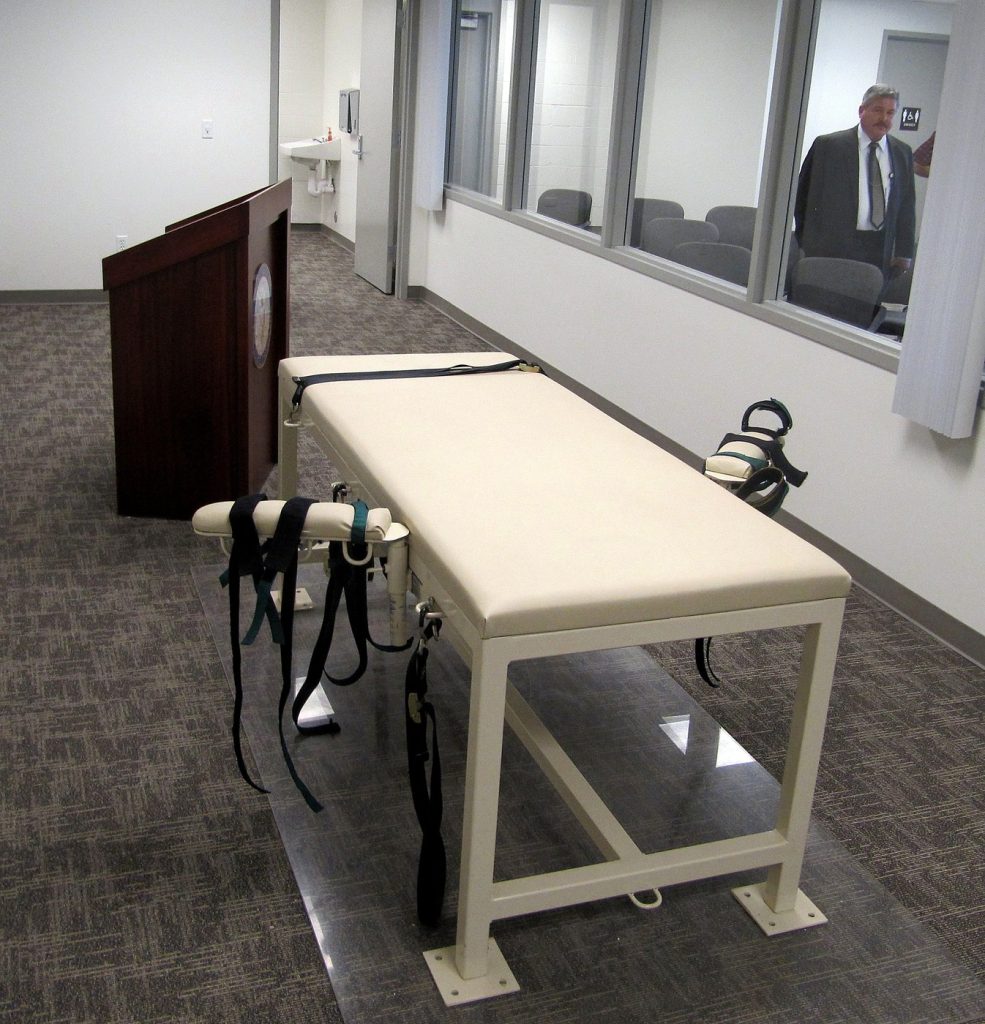BOISE, Idaho (AP) — A federal magistrate judge is set to hear arguments regarding a lawsuit filed by three news organizations claiming that Idaho prison officials are violating constitutional rights by obscuring critical details of lethal injection executions. The lawsuit, initiated by the Associated Press, East Idaho News, and The Idaho Statesman in December, seeks to compel officials to allow media witnesses to observe the entire execution process.
The media organizations are requesting that U.S. Magistrate Judge Debora K. Grasham issue a temporary injunction preventing the state from enforcing restrictions that prohibit media outlets from witnessing the actual administration of lethal chemicals to condemned inmates. This request comes prior to any potential executions that could occur before the case is fully adjudicated.
Idaho prison officials have defended their position by citing "important safety and security reasons" for maintaining secrecy around certain aspects of the execution process. This includes the identities of the execution team members and the sources and types of the lethal injection drugs used. Former Idaho Department of Correction Director Josh Tewalt has previously testified to state lawmakers that revealing such information could jeopardize Idaho’s capacity to carry out capital punishment, particularly due to difficulties in securing qualified volunteers for execution teams.
However, the news organizations contend that the public has a First Amendment right to observe the entire execution process. They argue that the current practice of concealing the actual moment execution team members push lethal medication into the intravenous lines—shielded by screens or walls—undermines transparency in the execution process. For context, the state has conducted three executions within the last 50 years, all of which involved significant media presence, albeit with restricted visibility during the lethal drug administration.
Currently, while the media witnesses are allowed to see other execution team members, their identities are obscured by medical masks and head coverings. The ramifications of recent executions in Idaho also highlight the complexity and challenges involved in the lethal injection process. For instance, the most recent execution attempt of Thomas Eugene Creech was aborted last year after the execution team faced repeated failures in establishing an IV line, attempting eight times on Creech's arms and legs without success.
In response to ongoing complications surrounding lethal injections, Idaho lawmakers have enacted a new law this year that designates firing squads as the state's primary method of execution, set to take effect next year. This move marks a significant shift in Idaho's approach to capital punishment, reflecting ongoing public and political debates surrounding the efficacy and ethics of various execution methods.
The hearing scheduled for Tuesday is anticipated to delve deeply into these issues, balancing constitutional rights to transparency and freedom of the press against the state's administrative concerns regarding security and confidentiality in the execution process. As the case unfolds, the implications of this lawsuit could have lasting effects on how executions are conducted and monitored within Idaho and possibly set precedents for other states grappling with similar issues.










